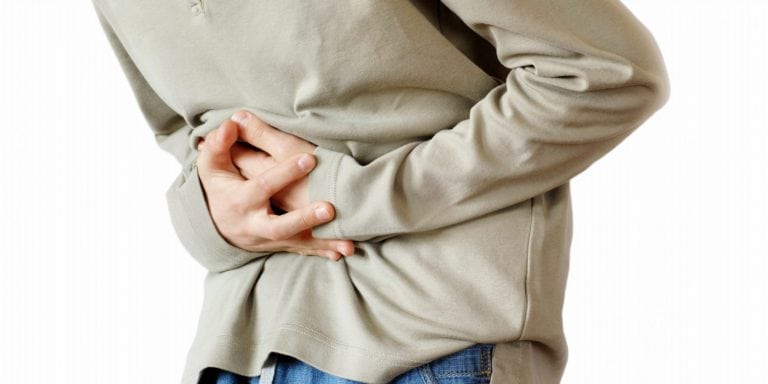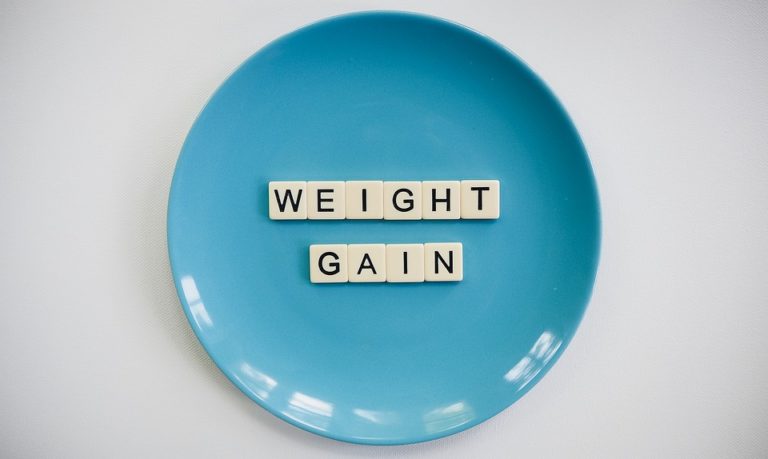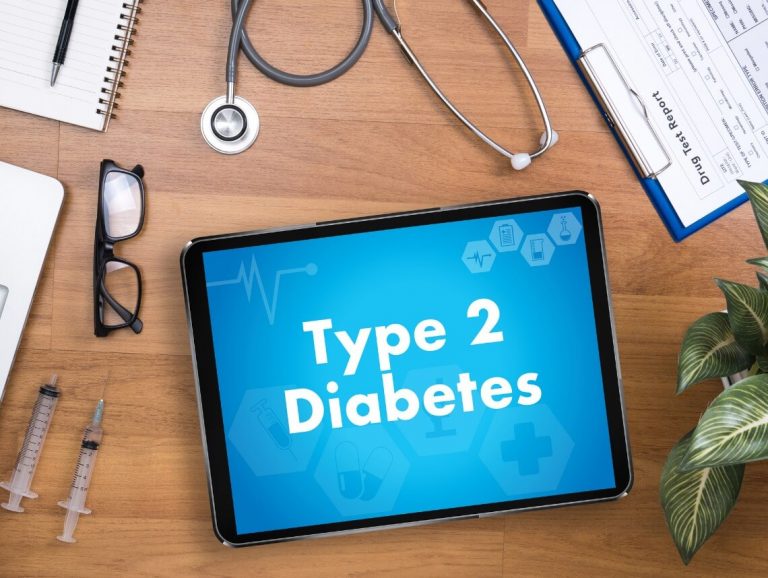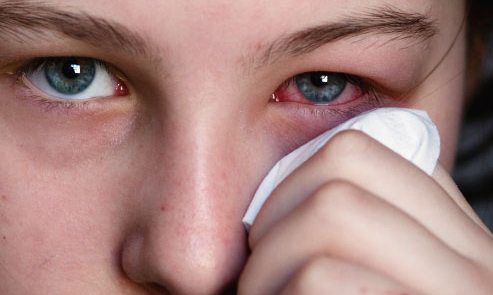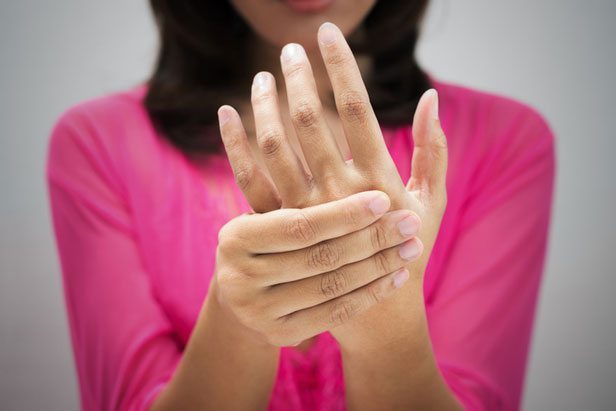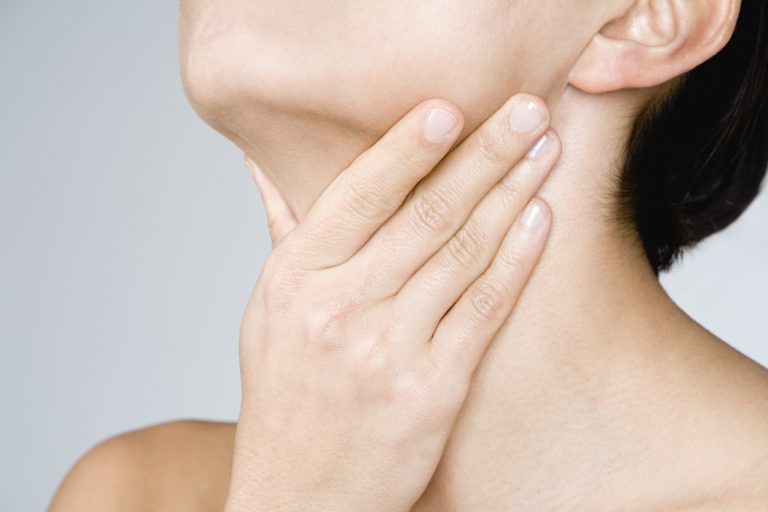
- Caffeine in the bones: Caffeine prevents calcium absorption in the bones, increasing your risk of osteoporosis. As you get older, your bones may break more easily.
- Increased urination: You may urinate more when you have caffeine. Long-term use of high amounts of caffeine may increase bladder instability and worsen the risk of those already experiencing bladder issues.
- Increased blood pressure: Caffeine can temporarily raise your blood pressure. The effects may be especially noticeable if you have caffeine during or right before exercise or other physical activity.
- Jitters: If you’re not used to it, caffeine can give you the jitters. If you have an anxiety disorder or sleep disorder, caffeine may make it worse.




